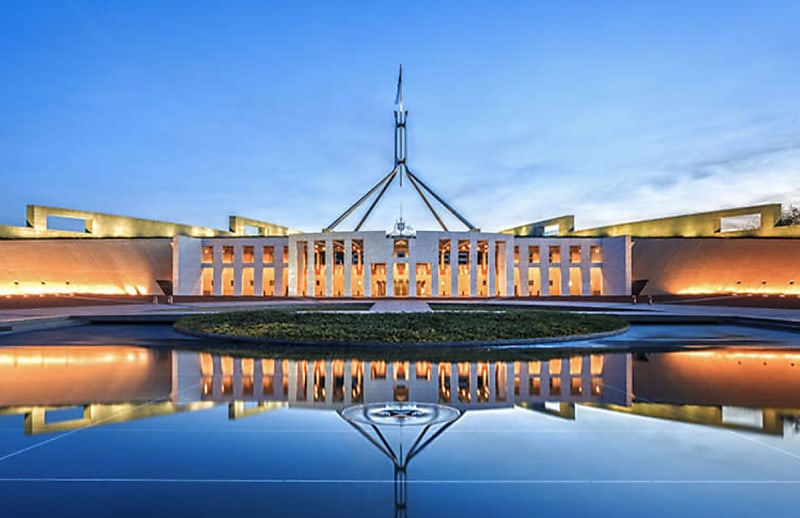The Senate Economics Legislation Committee has recommended the bill containing the measure to impose an additional tax on balances above $3 million proceed unamended.
The committee stated in its report on the Better Targeted Superannuation Concessions and Other Measures Bill that it “strongly supports the reforms to superannuation tax concessions”
The report stated the reforms would ensure concessions are “fairer, more sustainable and better targeted”.
The bill remains unchanged from previous drafts and it is now slated to proceed to the lower house for consideration, despite the significant concerns raised by industry.
The 106-page report said that “without appropriate targeting, superannuation tax concessions disproportionately benefit Australians with very large TSBs at a significant cost to the federal budget”.
“The committee welcomes that tax concessions will continue for all superannuants to encourage the contribution to superannuation balances to deliver income in retirement,” it said.
The committee added the changes to the legislation are consistent with the original intent of the superannuation system, to provide all Australians with a sustainable and comfortable income in their retirement.
It said: “the minimal impact that these changes will have to the majority of superannuants”, citing that the changes would apply to only 80 000, or approximately 0.5 per cent, of all superannuation account holders.
The committee acknowledged the various opinions expressed by inquiry participants regarding the indexation of the $3 million threshold. However, it said that it is "appropriate for the Parliament to be responsible for setting this threshold, which is a common feature of the tax system."
On the taxation of unrealised capital gains, the committee stated it understands views shared by inquiry participants but believes, on the balance of evidence, that the approach taken in the bill is “designed to be applied consistently across all superannuation funds in a sector-neutral way, making it the most appropriate way to reduce compliance burden and costs to funds and their members”.
“The committee also highlights evidence that the taxation of unrealised capital gains is not unknown to the Australian tax system,” it said.
It continued that measures in the bill provide taxpayers with 84 days to meet tax liability, considerably longer than the standard 21-day period, and that interest charged on outstanding division 296 tax debts will be lower than the general rate for unpaid debts.
In response to concerns that the taxation of unrealised capital gains may present difficulties for account holders with a high proportion of illiquid assets, the committee said there is evidence that all superannuation trustees have an obligation to keep sufficient liquidity within their account to meet their APRA obligations.
Greens push for threshold to be lowered to $2 million
In its dissenting report, the Greens Party said it would like to see the Division 296 tax expanded further and called for the threshold at which the tax applies to be lowered from $3 million to $2 million.
The Greens said the additional tax should apply to super balances above $2 million, with the threshold indexed in line with inflation.
“The scale of the inequity in the superannuation system is highlighted by the latest ATO data, which shows that 0.6 per cent of individuals (104,141 super accounts) have a super balance greater than $2 million. This 0.6 per cent of the population owns 14 per cent of the total value of super balances in this country,” the Green said in the report.
“The bill as presented doesn’t even cover all of this tiny, bloated cohort, with only the proportion of balances above $3 million subject to an additional 15 per cent capital appreciation tax.”

 Login
Login






